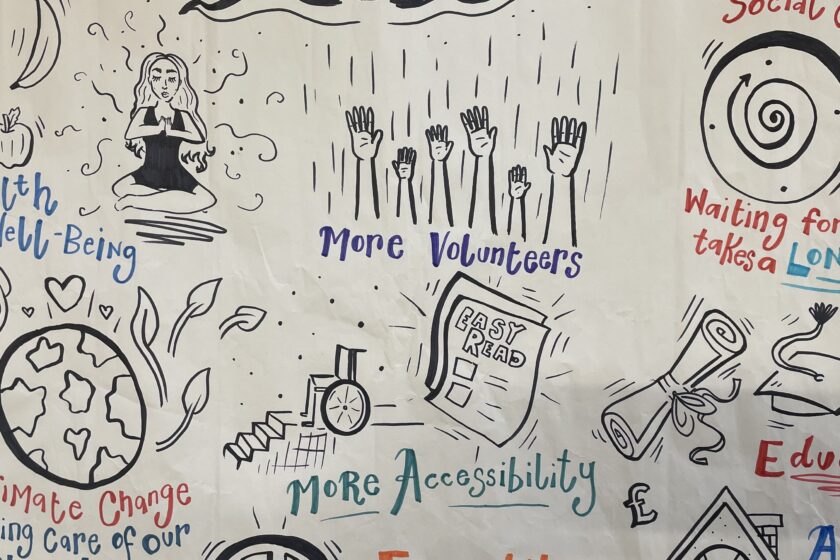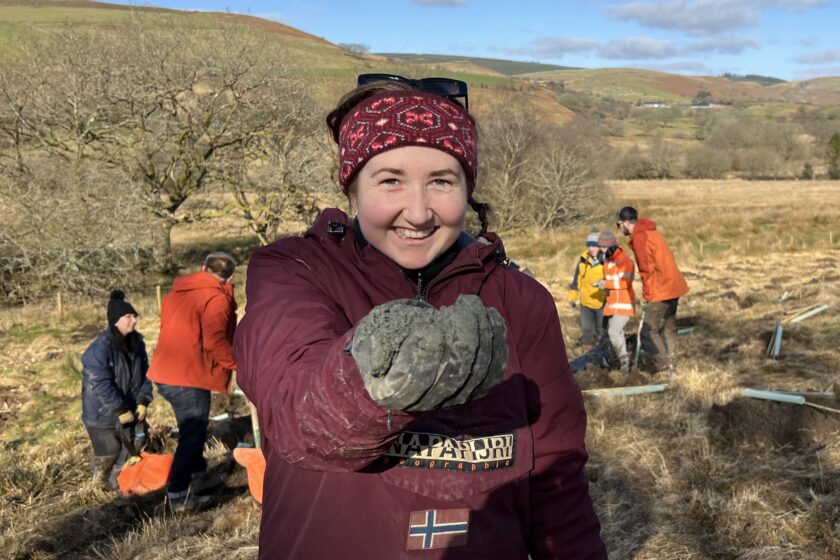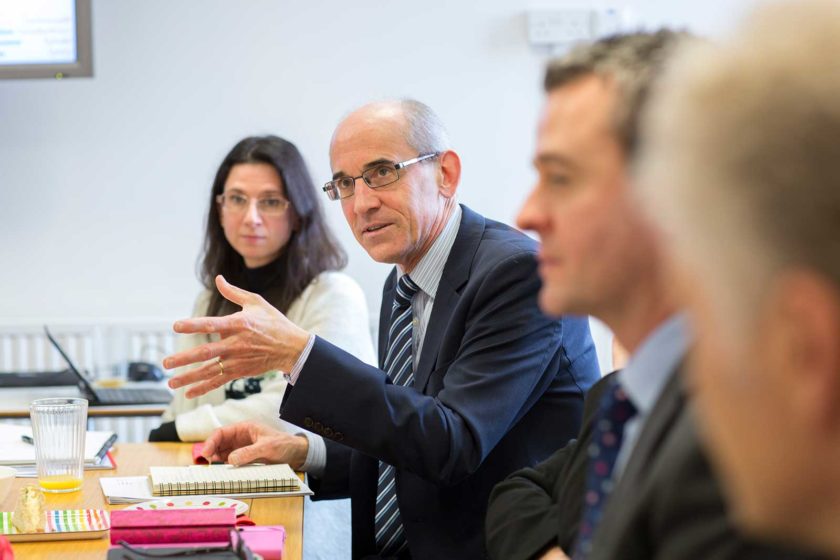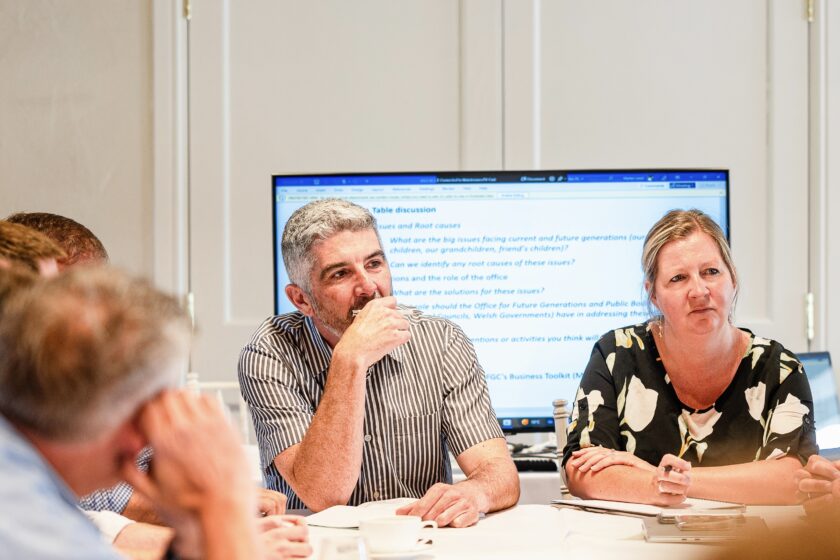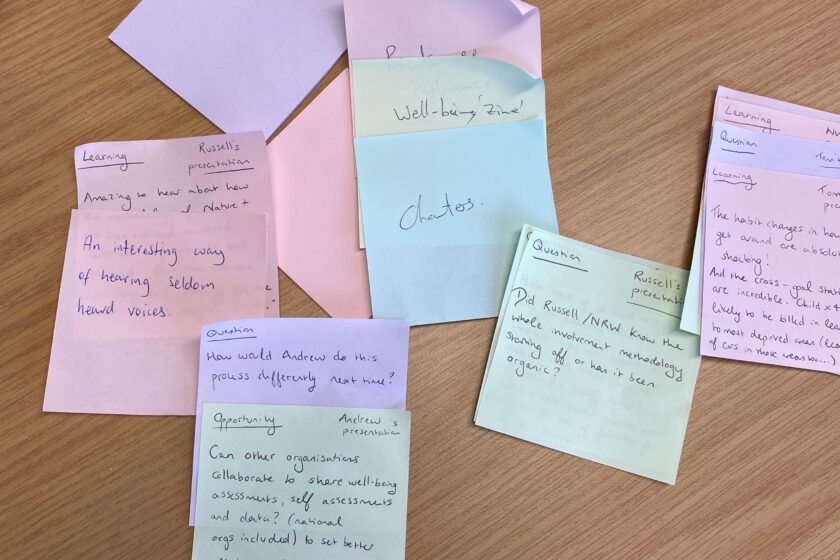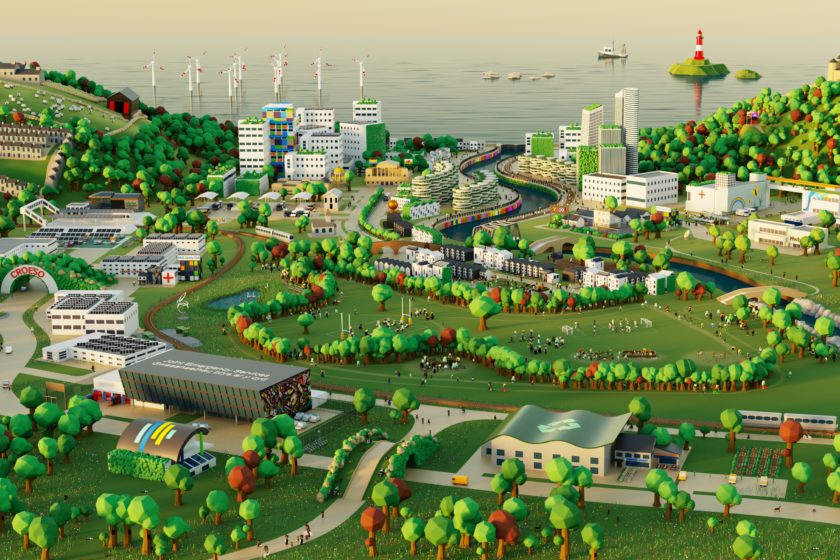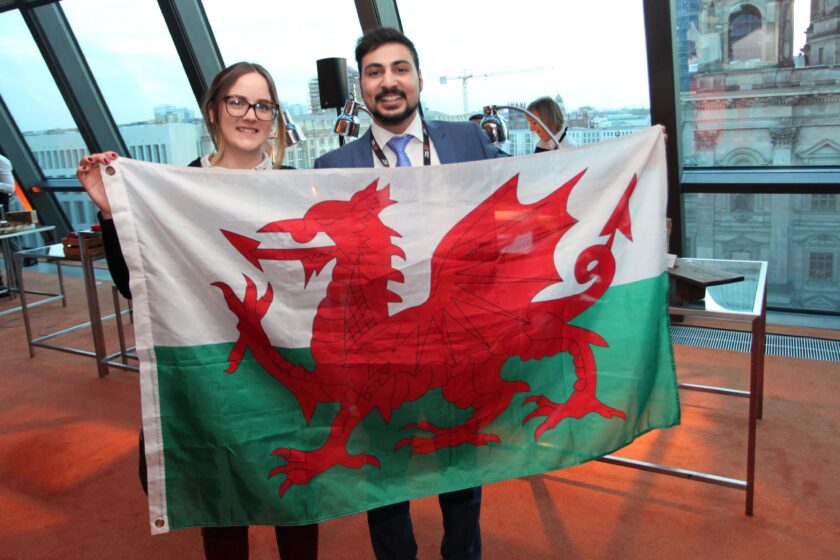A Well-being Economy
We will make it our mission to help transition Wales to an economy that puts people and planet first. As a result, governments at all levels, communities and business are making this happen.
The Well-being of Future Generations Act describes a Prosperous Wales as an innovative, productive, and low carbon society which recognises the limits of the global environment and uses resources efficiently and proportionately – emphasising skills, education, and fair work in generating wealth.
This reframing of prosperity does not include GDP, the central measure of economic policy in the global north for decades and this is one of the ways that Wales is doing things differently.
Yet our economy is not yet delivering for all of the well-being goals. The cost-of-living crisis is widening economic inequality in Wales, poverty is increasing, and our economy uses natural resources at a faster rate than we can replenish them.
One of our unique roles in this space is to increase our support to public bodies to shape local and regional well-being economic plans. We will advocate people-centred approaches to economic development, which redirects wealth back into the local economy; places more control and benefits into the hands of local people; and responds to future trends such as AI, digital and green skills. We will work with the organisations already leading on eradicating poverty in Wales to ensure our activities complement efforts to address the root causes of poverty at local, regional, and national level.
A Well-being Economy Theory of Change |
| We will make it our mission to help transition Wales to an economy that puts people and planet first. As a result, governments at all levels, communities and business are making this happen. |
Need |
| Economic growth is often seen as an end in itself, instead of leading to improvements in peoples’ well-being.
The cost-of-living crisis is widening economic inequality, poverty is increasing, and the economy is using natural resources at a faster rate than can be replenished. |
Activity |
| 1. Assess the integration of well-being economic approaches within local, regional, and national economic development plans.
2. Convene public bodies, business, think tanks and others to share good practice and barriers to progress. 3. Review future trends, such as AI, and consider how Wales’ economic plans could respond. 4. Build tools for Welsh businesses on how to support the well-being goals and build tools for the public sector on how to incentivise businesses to act and invest in the well-being goals. 5. Provide advice to public bodies on how they measure success in achieving a well-being economy, drawing on international examples. |
Outcomes |
| Local authorities, City / Growth Deals and Corporate Joint Committees frame their economic plans around a well-being economy and implement a set of well-being economy objectives.
More businesses, including social enterprises, incorporate the well-being goals in their business models. There is a shared understanding across public bodies about how we measure success in a well-being economy. |
Impact |
| Wales is making progress on its well-being indicators related to the Prosperous Wales goal.
Our global footprint is reducing, and we are on track to only use our fair share of global resources by 2050. Welsh economic and business success results in fair work, higher skill levels, lower poverty levels and reduced pay differences based on gender, disability, and ethnicity. |
Our Missions:
Further resources and information:
- Future Generations Report 2020 chapter on A Prosperous Wales
- Journey to a A Prosperous Wales
- Case studies from across Wales



